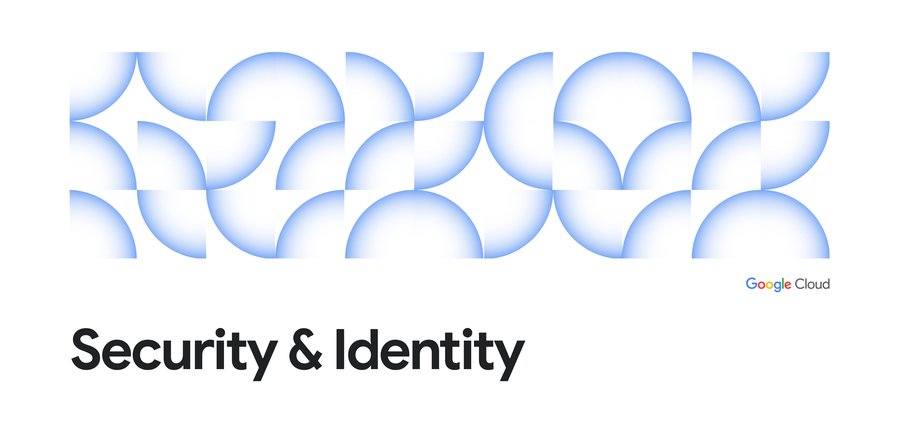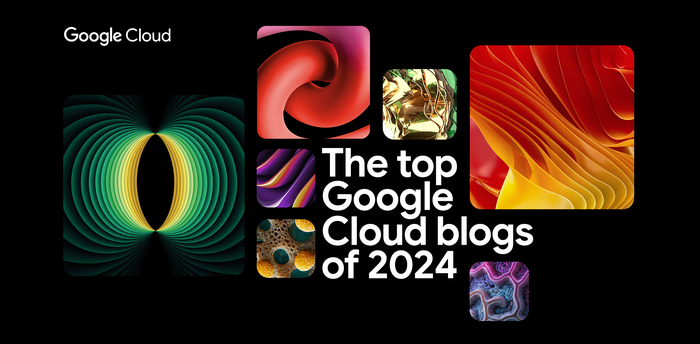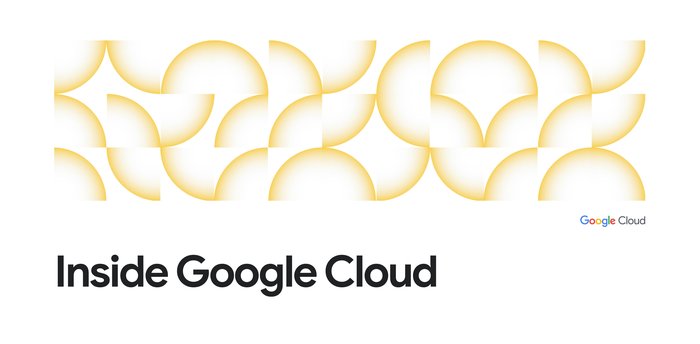Empowering customers and the ecosystem with an open cloud
Thomas Kurian
CEO, Google Cloud
Every organization that moves to the cloud has a unique journey driven by many factors including evolving operating environments and regulatory requirements. For all organizations, including those experiencing growth across regions and dynamic market circumstances, we recommend an open cloud approach that ensures operational and technical consistency across public clouds or private data centers and effective management of infrastructure, applications, and data across the organization.
We believe that an open cloud can meet the needs of diverse companies, providing choice, flexibility and openness. Our open cloud philosophy is grounded in the belief that customers need autonomy and control over their infrastructure. Giving customers options to build, migrate and deploy their applications across multiple environments both in the cloud and on-premises allows them to avoid vendor lock-in and innovate across environments faster.
We are proud of our leadership in advancing an open cloud, and this commitment underpins and drives our contributions to the open source and open data communities, as well as our approach to building technology solutions.
Advancing computing through open source
Open source plays a critical role in an open cloud. Many companies have mission-critical workloads or sensitive data that have “survivability requirements” in the event that a provider is forced to suspend or terminate cloud services due to country or region policy changes. To move workloads to other clouds, it’s important to develop them using open source and open standards.
At Google Cloud, we don’t think it’s possible to fully address survivability requirements with a proprietary solution. Instead, solutions based on open source tools and open standards are the route to addressing customer and policymaker concerns. More importantly, open source gives customers the flexibility to deploy—and, if necessary, migrate—critical workloads across or off public cloud platforms.
Google has a long history of sharing technology through open source—from projects like Kubernetes, which is now the industry standard in container portability and interoperability in the cloud, to TensorFlow, a platform to help everyone develop and train machine learning models. As Google’s Chief Economist Hal Varian said, “Open data and open source are good not only for us and our industry, but also benefit the world at large.”
Our belief in customer choice is fundamental to how we develop our technology and rooted in leveraging open source APIs and interoperable solutions. In addition, we partner with the leading organizations in the fields of data management and analytics to build products that combine the benefits of open source with managed cloud solutions.
Another way we provide flexibility is hybrid and multi-cloud environments. Anthos, our hybrid and multi-cloud platform, is built on open technologies like Kubernetes, Istio, and Knative, enabling an ecosystem that fosters competition and that unlocks new partnerships. In this spirit, last week OVHcloud and Google Cloud announced a strategic partnership to jointly build a trusted cloud solution in Europe. This partnership will focus on delivering the best of Google Cloud technology innovation and value in the most agile way, and help European customers accelerate their business transformation in the cloud while addressing their strict data security and privacy requirements.
Break down data silos and uncover new insights with public datasets
Customers rely on Google Cloud to get better insights from their data. Our data analytics solutions such as BigQuery help them harness the potential of that data. One of our newest analytics solutions, BigQuery Omni, allows customers to cost-effectively access and securely analyze data across multi-cloud environments. Those tools enable customers to make their own data more open—both in and out of their organization. As we help enable data accessibility and portability, our highest priority is to do so securely and responsibly.
At the same time, through the Google Cloud Public Datasets program, we work with data providers to host 200+ high-demand public datasets to allow customers and the research community to discover unique insights for solving real business and societal problems. For example, earlier this year, we added critical COVID-19 public datasets to support the global response to the novel coronavirus.
We also share our discoveries and tools with the community to help everyone share data safely and in a manner that advances the important work of researchers, developers and journalists. Teams at Google have released over 80 open datasets through our research site, and share other aggregated, anonymized product insights. Take for example YouTube-8M, a large-scale, labeled video dataset used by researchers to further computer vision and video understanding. In addition, with more than 31 million datasets, Dataset Search allows anyone to discover and filter relevant data sets in accordance with usage rights, formats, and other key parameters. And our Kaggle community of nearly 5 million users hosts 50,000 public datasets and 400,000 public notebooks to support machine learning and artificial intelligence research.
Paving the way to an open cloud through continued collaboration
Google Cloud will continue to build towards an open cloud and work with partners and policymakers to support our customers, open-source communities, and society at large. We are excited to see the important work organizations achieve through openness, and remain committed to supporting them through our continued contributions to open source and open data.



